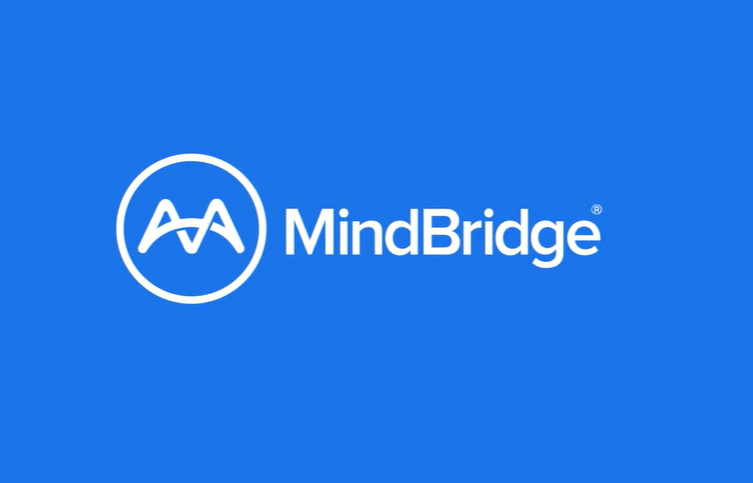Retailers and manufacturers courting Gen X and Y shoppers this holiday season should introduce more transparency into their product labels and identify fair trade, conflict-free and environmentally friendly practices, according to the results of a new survey by KPMG LLP, the Big Four audit, tax and advisory firm.
The survey of 1,000 adults, 18 years of age and older, taken from Nov. 7th – Nov. 10th, 2013 reveals that nearly 70 percent of consumers under age 30 consider social issues such as sustainability, human rights and fair trade before making a purchase. This outpaces the less than 50 percent of consumers overall who feel the same way.
As companies brace themselves for the holiday shopping season and work to identify cost savings and efficiencies from their suppliers, government regulations are also focusing on social issues across supply chains.
“Many of the regulations are accelerating trends that would take place anyway,” said Jim Low, Audit Partner, KPMG LLP. “Retailers are increasingly asking their suppliers to assess their environmental and social sustainability. Several of the leading retail and grocery chains have recently introduced ranking systems to help consumers identify sustainable products. Consumers and investors continue to increase pressure on companies to adopt more sustainable practices.”
Bigger Price Tags Spark Greater Concern
The survey reveals that young consumers focused more on social issues when considering big ticket purchases such as automobiles, computers, consumer electronics and jewelry versus everyday items such as gasoline, toys and food. 34 percent of consumers under 30 always or frequently consider social issues when buying everyday goods versus 41 percent when buying big ticket items.
“A lot of these campaigns around human rights and sustainability begin on college campuses,” said Low. “It would fall within reason that younger people are more influenced by social issues when they shop. But a large percentage of mature consumers are also engaged in ethical consumption.”
'Tis the Season for Conflict-Free Gifts and Gadgets
The holidays are a peak selling season for products such as consumer electronics, autos and jewelry, that are potentially sourced from or contain components with so called “conflict minerals:” tin, tantalum, tungsten (3T's) and gold. Conflict minerals are the focus of a section of the Dodd Frank Act that seeks to curb the funding of militias in the Democratic Republic of the Congo (DRC) and adjacent countries that commit human rights violations and often benefit financially from mines producing these minerals.
For the first time, under the Dodd Frank Act, companies must describe the status of their products in a new form, Form SD (specialized disclosures) as one of the following:
DRC conflict free, Not DRC conflict free Undeterminable (for the first two years for large filers and four years for smaller filers).
This information must be filed by May 31, 2014 (for the 2013 calendar year) and annually by May 31 thereafter.
To gain additional insights about the impact of the Conflict Minerals regulation, KPMG recently conducted a site visit in Rwanda to one of the first ICGLR (International Conference of the Great Lakes Region) certified conflict-free Mines, and joined the Conflict Free Sourcing Initiative on an exclusive trip to the Democratic Republic of Congo for mine visits and meetings with mining officials. More information about this initiative can be found at www.kpmg.com/conflictminerals.
Getting Ahead of the Regulators, Pleasing Customers
Retailers and manufacturers likely won't see an immediate conflict minerals impact on consumer sales in 2013. According to the KPMG survey, only 16 percent of U.S.-based consumers have heard of the term conflict minerals, though conflict mineral awareness was 75 percent higher among consumers under 30 than the general population.
However, Low believes awareness will increase in 2014.
“Industry giants in the consumer electronics and other industries raced ahead of the Conflict Minerals legislation and worked with Non Governmental Organizations (NGOs) and independent auditors to set up a framework to comply with this rule, some stressing a desire to go beyond compliance and become conflict-free by the end of 2013,” said Low. “Additionally, celebrities and college campuses around the nation are organizing awareness and conflict-free campaigns. Based on our survey results, companies who have a head start on this issue are in a position to quickly carve out a competitive advantage with consumers. What's more, greater supply chain transparency can help companies develop a more resilient and efficient supply chain.”
Thanks for reading CPA Practice Advisor!
Subscribe Already registered? Log In
Need more information? Read the FAQs
Tags: Accounting



